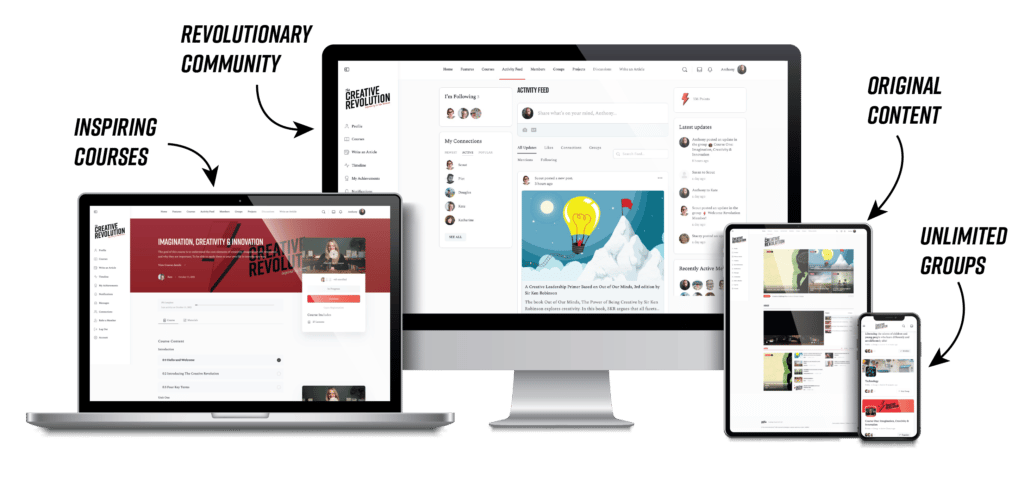Creative Schools by Sir Ken Robinson should be on every book list for teacher preparation programs around the world. Chapter 5, The Art of Teaching can be seen as a sort of primer to be referred back to throughout a teacher’s tenure. Cultivating a reflective practice is vital to one’s success as an educator.
“The job of the gardener is to create the best conditions for that to happen”
SKR often compares education to industrialization and agricultural development. The idea of a teacher as a gardener creates a very vivid image with which supporters of student-centered education can identify. Just like a successful gardener cannot control the weather, a successful teacher understands that they the environment around their students outside of the classroom will vary. But once the student steps into your space, you attempt to create the conditions for learning and connection. While traditional and progressive methods of teaching and learning are often pitted against each other, the art of teaching is all about finding a balance between the two. Teachers in all disciplines use a wide array of approaches, from direct instruction to immersive and experiential projects, to small group or even one-on-one instruction. You do not have to choose between traditional and progressive methods, instead finding that sweet spot where information can be shared and learning can be facilitated truly requires both. To expertly achieve this balance teachers must follow and fulfill the 4E’s: engage, enable, expect, and empower.
Engage – “their job is not to teach subjects; It is to teach students.”
Great teachers achieve great results by inspiring students and developing their enthusiasm for the content. This happens by facilitating conditions in the classroom that best enable students to learn. A great rule of thumb is that if you are bored by what you are teaching, inevitably the students will be bored as well. Creating a strong sense of engagement isn’t just about doing the song and dance, it’s about finding interesting and creative ways to present the necessary facts and knowledge.
Enable – “The teachers know that however much they have learned in the past, today is a different day and you cannot ride yesterday’s horse.”
Using appropriate techniques, in the right moment requires decisiveness, judgment and finesse. Effective teaching is an ongoing process of planning and adjustment based on the energy, engagement and curiosity of your students. Kids are innately curious. By stoking their natural curiosity, you can also stimulate their learning. Inquiry-based teaching can fill this need of cultivating curiosity. Instead of answering the questions you think your students will ask, inquiry-based teaching requires us to provoke actual questions from the students and offer them information and inspiration to seek out the answers themselves.
Expect – “teachers’ expectations have radical implications for the achievement of their students”
If teachers establish high expectations and clearly convey them to their students, those expectations are much more likely to be met. Vice versa, if a teacher expects their students to do poorly, they likely will. It is clear that one of the biggest keys to raising achievement is to understand the relationship between teaching and learning. Students learn more from teachers who connect with them, and believe in them.
Empower – “the best teachers are not only instructors. They are mentors and guides who can raise the confidence of their students, help them find a sense of direction, and empower them to believe in themselves.”
Empowering students requires a specific type of classroom culture. The classroom and teacher must cultivate habits and attitudes in students that breed resiliency. Regardless of the uncertainty or disruptions in the spaces students inhabit outside of your classroom, the classroom should offer a sense of calm, confidence, and creativity. It should be a safe space to take risks and feel supported even when they might not feel successful. Students who feel confidently supported have the potential to learn more efficiently, and find learning more enjoyable. When students feel connected to their school and are having fun, they are more successful.
I believe that these 4 E’s, should be a major component of every teacher’s reflective process. I also believe that these principles can have incredible value in business, parenting, and relationships. We will find more success and peace across the board, when we engage with the people around us, enable the right circumstances for growth, expect people to follow through on their commitments, and empower the people around us to grow.




